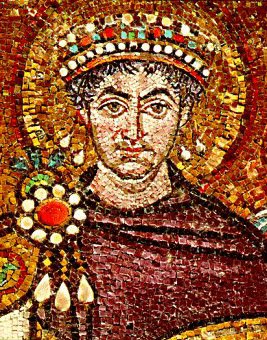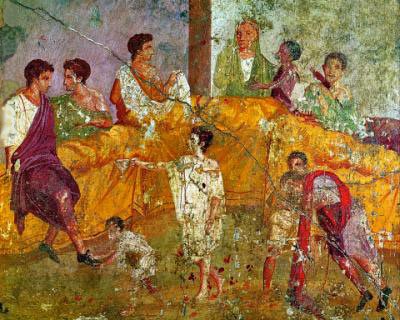'Friendship' Roman style: What the Romans would have thought of Facebook
Today we have various social and/or professional networking sites (i.e. Facebook, LinkedIn, Plaxo, etc.). The Romans would have liked this but they would have wanted to ensure that 'friends' and 'connections' would be of use to each other. On meeting a stranger a Roman would express intense interest in where he comes from and what they do. (How this Roman would react on any potential second meeting would very much depend on how convinced he was after that first one, that the amicitia (friendship) of the new acquaintance would be worth having.) Amicitia , which is often translated as 'friendship' was best described by the Roman Stoic philosopher Seneca as "mutual serviceability" . Therefore, amicitia would mean trading gifts and favours with an amicus (meaning something between 'friend' and useful contact'). Roman society relied on interlocking networks of such 'friendships' and the favours Romans did for one another ( benefi

